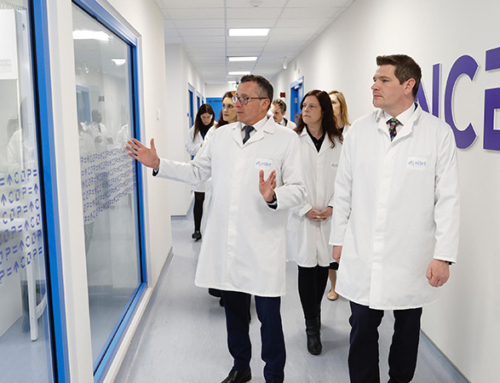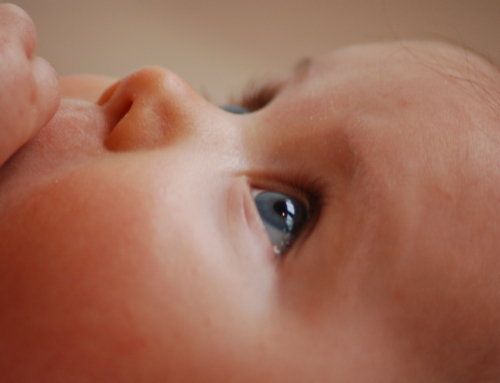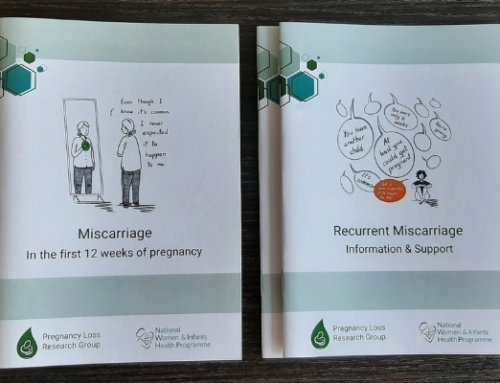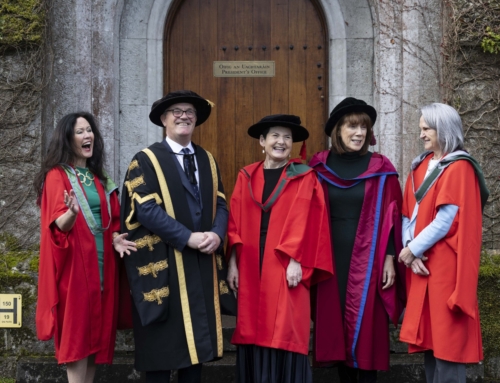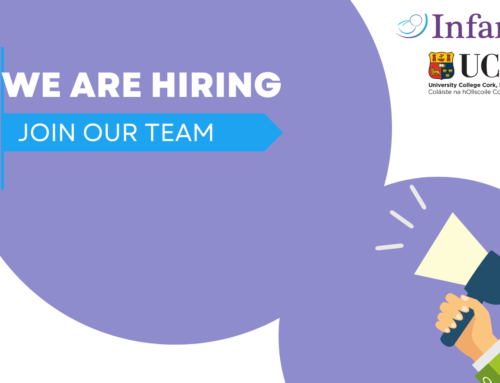Monday 21 August 2017
Promising Research
Infant is proud to congratulate Dr. Cathal McCarthy and Dr. Jane English, who have both won an Emerging Investigator Award from the Health Research Board.
The HRB Emerging Investigator Awards supports researchers in the middle of their careers to build sustainable research programmes. With an investment of €8.3 million, the HRB are rewarding 11 successful researchers for their “diversity and ability to multitask”.
Dr. McCarthy and Dr. English will now contribute groundbreaking research towards improvements in general health, policy and practice. They will also act as mentors to the next generation of researchers.

Rare Blood Samples
Dr. English’s research focuses on Autism Spectrum Disorder (ASD), a complex disorder of brain development. By identifying blood biomarkers in the blood at birth, Dr. English hopes to diagnose ASD at an early stage and maximise the effectiveness of therapy and treatment.
The Emerging Investigator Award will allow Dr. English to access rare blood samples from several international birth cohorts including the Danish National Birth Cohort, the Aarhus Birth Cohort, and Cork’s own BASELINE Birth Cohort (http://www.baselinestudy.net/). This makes it the largest Autism Biomarker Discovery programme undertaken to date.
Common Complications of Pregnancy
Dr McCarthy’s research interest is in the area of pre-eclampsia and gestational diabetes, two common complications of pregnancy becoming more prevalent in Ireland. Mitochondrial dysfunction has been identified for its possible influence on both conditions, with Dr. McCarthy’s study investigating the therapeutic potential of targeting mitochondrial function. It is hoped that this treatment could improve long-term outcomes for mothers and babies.
On the award, Dr. McCarthy noted the significance of the HRB’s support:
“The funding provided by the Health Research Board Emerging Investigator Award will provide me with the opportunity to investigate the shared and separate pathophysiologies of Pre-eclampsia and Gestational Diabetes Mellitus, ultimately helping researchers and clinicians to optimise diagnostic potential and improve treatment modalities for both pregnancy complications.”


